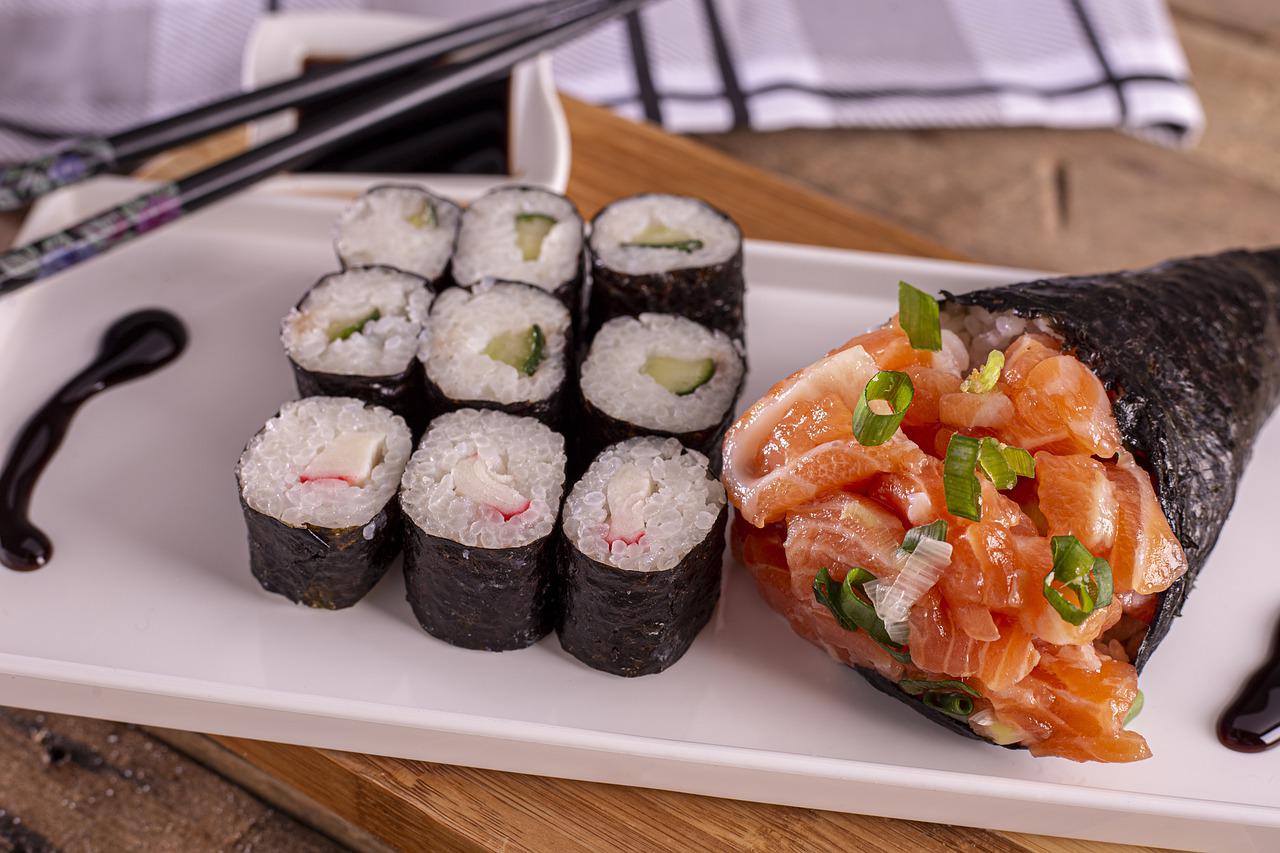Can I Substitute Nori for Kombu? Here’s the Answer
Many different types of seaweed are used in Japanese cooking but the most popular is nori. Not only can you use it in sushi rolls and as a topping, it is also used in making dashi. Nori is known for its umami flavor and can be used to add a little bit of extra flavor to your dish.
It can also be incorporated into other dishes such as soups or salads by using it as a wrap or adding it to vegetables. However, the question arises whether you should use nori instead of kombu in certain recipes?
No, you cannot substitute nori for kombu because they are two different ingredients. For example, in a recipe that calls for kombu, the kombu will give the soup its umami flavor while the nori will just provide some added texture. In order to get the full effect from your dish, you must use both ingredients. Instead try using Wakame if you can find it.
What is kombu?
Kombu is an edible seaweed which is commonly used in Japanese cuisine. It’s slowly steamed and dried to make it more absorbent and more convenient to use compared to other types of seaweeds like nori. When kombu gets wet, it will release its natural umami taste.
By using both ingredients, you can get a full effect from your dish. This is why you cannot substitute nori for kombu in certain recipes or dishes because they are two different ingredients with different flavors.
How do you use nori?
You can use nori to make your sushi rolls, soups, and salads — all of which are popular Japanese dishes. You can also add it to other ingredients such as teriyaki meats like chicken or pork. Nori is great in combination with other ingredients because it adds a lot of flavor and texture.
You can use nori quite often in recipes that call for kombu but you should combine the two types of seaweed in order to get the full benefit of each ingredient.
You should be careful not to eat too much nori because it will overpower your dish.
Why can’t I substitute nori for kombu?
In addition to its nutritional value, the best thing about using nori in your dishes is that it adds little-to-no calories to your meals.
Nori has only one gram of carbohydrate per serving while kombu has two grams of carbohydrate per serving. This means that with an equal amount of nori, you will be consuming less calories than if you used a traditional ingredient like kombu.

